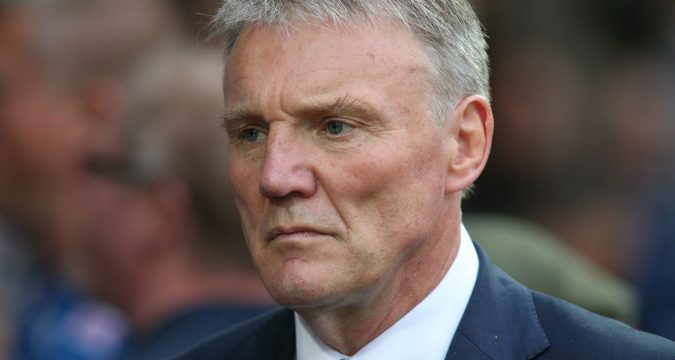 LEEDS RHINOS chief executive GARY HETHERINGTON suggests that the Wolfpack's predicament highlights the shortcomings of the way Super League's governance is organised.
Firstly, it highlights our lack of an expansion policy.
In truth we have never had one. It's always been left to individuals like Eric Perez and David Argyle to take their chanc
LEEDS RHINOS chief executive GARY HETHERINGTON suggests that the Wolfpack's predicament highlights the shortcomings of the way Super League's governance is organised.
Firstly, it highlights our lack of an expansion policy.
In truth we have never had one. It's always been left to individuals like Eric Perez and David Argyle to take their chanc Hetherington: The issues raised by Toronto’s withdrawal
 LEEDS RHINOS chief executive GARY HETHERINGTON suggests that the Wolfpack's predicament highlights the shortcomings of the way Super League's governance is organised.
Firstly, it highlights our lack of an expansion policy.
In truth we have never had one. It's always been left to individuals like Eric Perez and David Argyle to take their chanc
LEEDS RHINOS chief executive GARY HETHERINGTON suggests that the Wolfpack's predicament highlights the shortcomings of the way Super League's governance is organised.
Firstly, it highlights our lack of an expansion policy.
In truth we have never had one. It's always been left to individuals like Eric Perez and David Argyle to take their chanc 